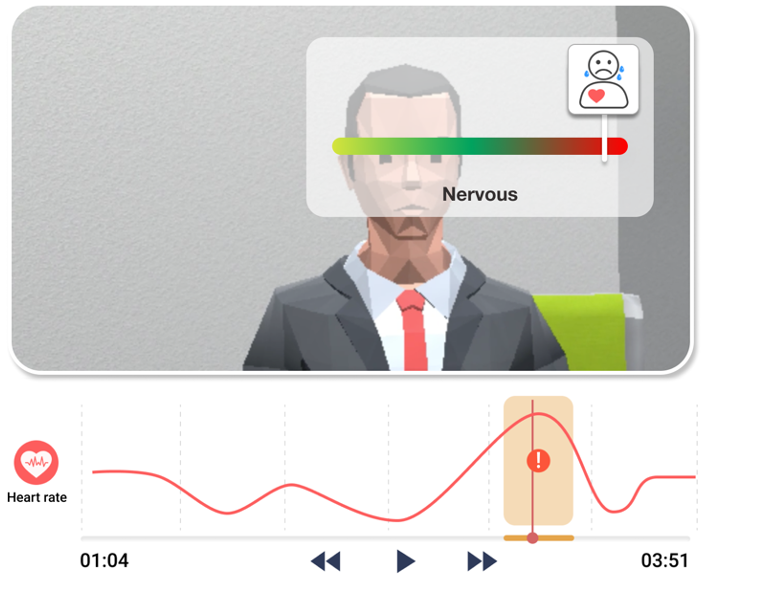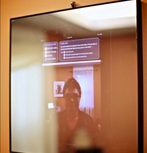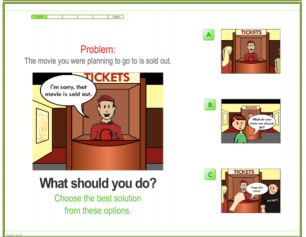We developed Workplace Playbook VR to investigate how virtual reality (VR) can help autistic people develop their work-related social communication skills in partnership with people in their support network. The Workplace Playbook VR program has two components: (1) simulated scenario experiences in the workplace context targeting autistic individuals as primary users and (2) the data-driven reflection based on the collected behavioral and physiological data of autistic people during the VR experience (e.g., conversational turn-taking, voice volume, eye contact, language uses, and anxiety). In the data-driven reflection, autistic people can discuss their practiced behaviors with members of their support network.
In the United States, 62% of bankruptcies were a result of medical costs. Recently, patients and their families have raised substantial sums to defray their out-of-pocket medical costs using online crowdfunding sites such as GoFundMe. However, patients often struggle with feelings of embarrassment due to a perceived social stigma of asking for money. Moreover, reaching out to a large number of potential supporters and soliciting donations from them still remain a burden. In this project, we investigate factors that encourage strangers to contribute to medical crowdfunding campaigns and design a novel crowdfunding webpage to encourage people's contributions.
More and more people are collecting, organizing, and interpreting health data in everyday lives. People collect heart rate data during exercise, and even electrodermal activity data to help detect the onset of seizures. Analyzing physiological data, however, and relating it to specific behaviors or events, is challenging. In this work, we present BEDA, a visual analytic tool that we developed to mitigate the challenges. BEDA incorporates machine learning algorithms, so users can analyze behaviors of interests using physiological data.
What happens to young adults with autism when they live away from their parents? SocialMirror is an interactive display connected to an online social network that allows the young adult to seek advice from a trusted and responsive network of family, friends and professionals. Focus group discussions reveal the potential for SocialMirror to increase motivation to learn everyday life skills among young adults with autism and to foster collaboration among a distributed care network.
How do people know the appropriate ways of behaving in different situations? How do you know that you are supposed to pay for your food before you sit down at a fast food restaurant, but not until after you have eaten at other restaurants? We use human computation to develop complex models of social scripts for complex and interesting social scenarios, possible obstacles, and potential solutions to those obstacles.




